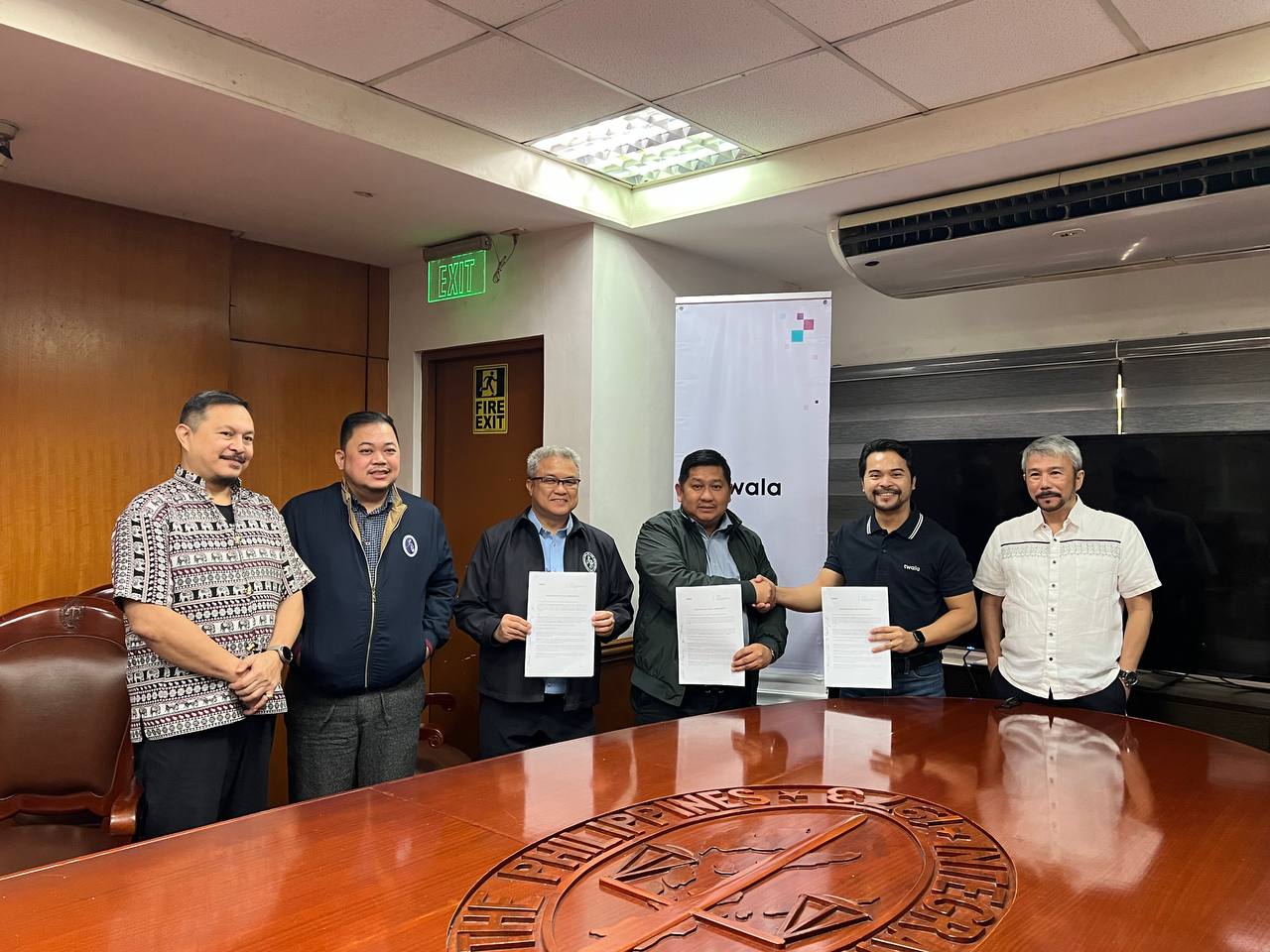
The Philippine Supreme Court recently approved the Rules on Electronic Notarization (A.M. No. 24-10-14-SC), ushering in a new era for notarized documents in the country. These rules allow notarization to be conducted electronically through secure platforms, ensuring authenticity, integrity, and accessibility while complying with legal standards. There are now three types of e-notarization:
- In-Person Electronic Notarization (IEN): The document is notarized digitally, but the signer appears in person before an Electronic Notary Public (ENP) at an accredited Electronic Notarization Facility (ENF).
- Remote Electronic Notarization (REN): The entire notarization process occurs via secure videoconferencing, eliminating the need for physical presence.
- Hybrid Notarization: A combination of both in-person and remote notarization methods to meet specific legal or procedural needs.
This modernization of notarization enhances efficiency and security, significantly benefiting multiple industries that rely on notarized documents for legal validity.
Industries that Benefit from Electronic Notarization
1. Banking and Finance
Banks and financial institutions handle a high volume of documents requiring notarization, such as loan agreements, mortgage documents, and credit approvals. E-notarization speeds up loan processing and reduces fraud risks by providing verifiable digital records, benefiting both institutions and clients.
2. Real Estate
Real estate transactions often require notarization for documents such as deeds of sale, lease agreements, and property transfers. E-notarization allows buyers, sellers, and agents to complete transactions faster, even if they are in different locations. This is particularly beneficial for overseas Filipino workers (OFWs) and international investors purchasing property in the Philippines.
3. Legal Profession
Law firms and corporate legal teams frequently handle documents that require notarization, such as general contracts, secretary’s certificates, affidavits, and other agreements. E-notarization streamlines these processes, allowing legal professionals to execute documents securely without logistical delays.
4. Business and Corporate Transactions
Companies dealing with business registrations, mergers and acquisitions, board resolutions, and corporate filings require notarized documents for compliance. Electronic notarization reduces administrative bottlenecks, enabling businesses to operate more efficiently while maintaining legal credibility.
5. Government and Public Sector
Government agencies dealing with permits, licenses, sworn statements, and affidavits can adopt e-notarization to enhance transparency, security, and accessibility in document authentication. This benefits both citizens and public institutions by minimizing delays and improving service delivery.
The Future of Legal Documentation
Electronic notarization is a game-changer in legal documentation, making notarized transactions faster, more accessible, and fraud-resistant. With the Philippine Supreme Court's recent approval of e-notarization rules, industries can now leverage technology to improve efficiency while maintaining compliance with legal standards.





.png)
